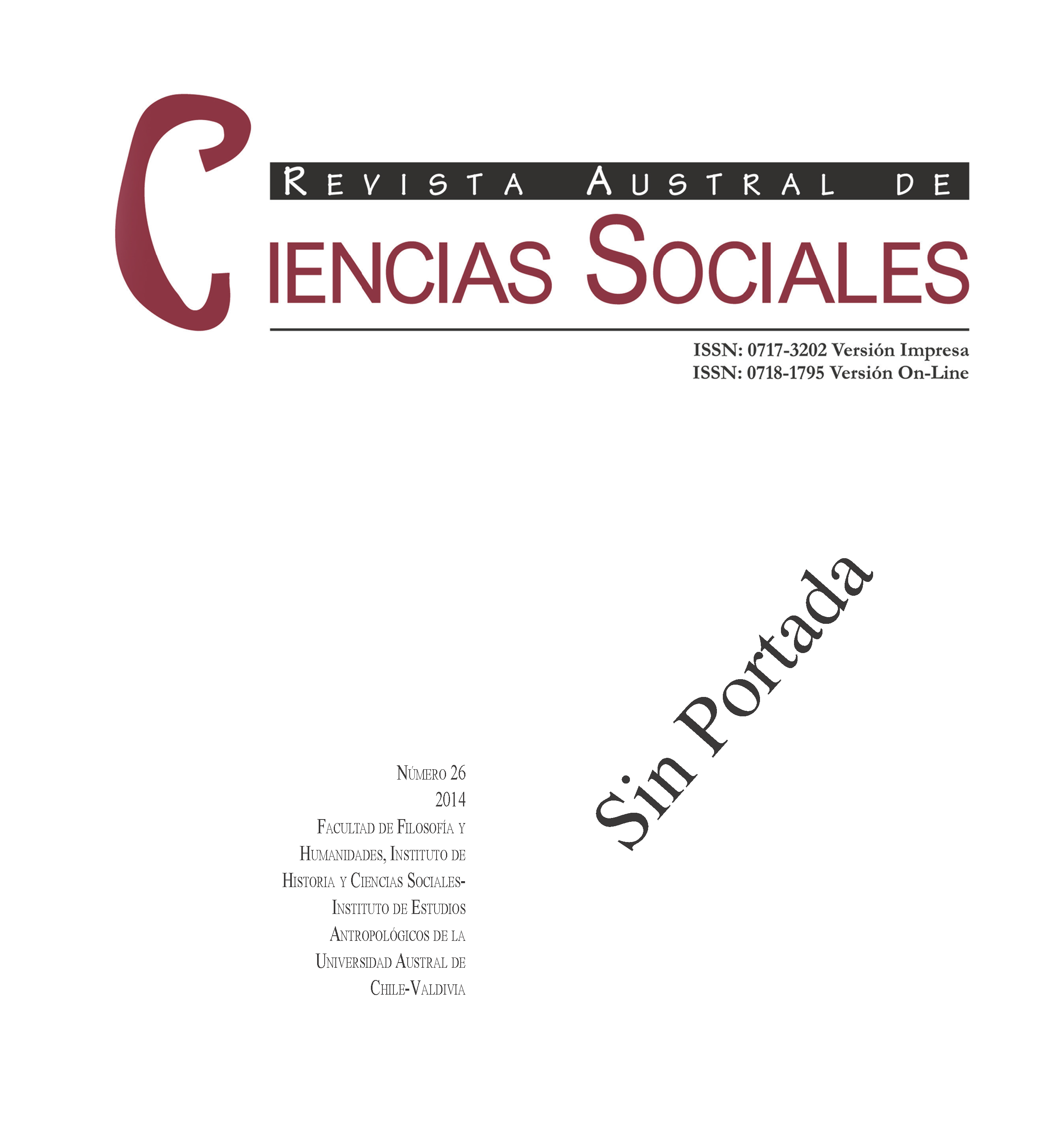Social networks, power and citizen participation
Main Article Content
Abstract
Social networks have changed the manner and frequency in which humans communicate, which has also resulted in a different ways of participation. This phenomenon, typical of cyberculture (Castells 1996, Kerckhove 1997, Tofts and McKeich 1998, Levy 2001, Scolari 2008), refers to the different positions on the influence of technology in social life and forms of socialization through network systems. Although some authors (Segerberg and Bennett, 2011, Patten 2013) doubt about the true value of these new media in politics, the school should consider them as an important part of the current cultural paradigm, especially because it says a low level of tolerance with a high number of users of divergent opinion. Therefore, the present paper attempts to reflect, from an educational perspective, on social networks, technology and power.

